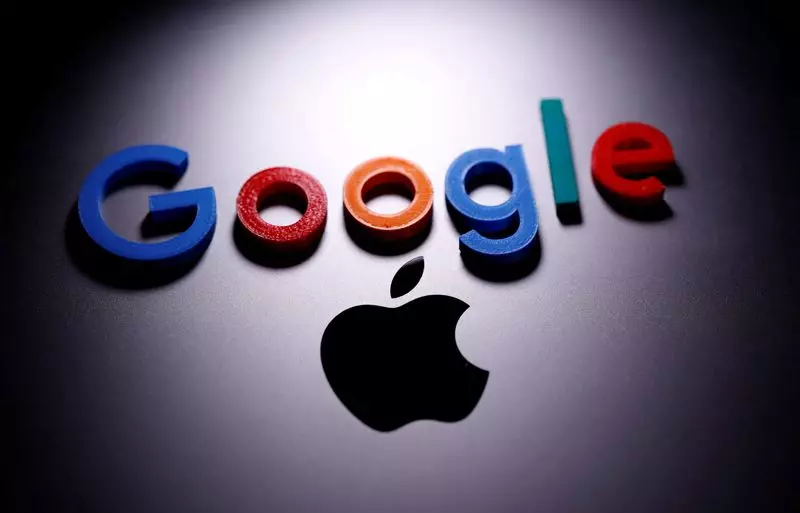Big Tech companies such as Apple and Google are currently facing one of the biggest challenges in decades as antitrust regulators on both sides of the Atlantic are cracking down on alleged anti-competitive practices. This crackdown could potentially result in break-up orders for these tech giants, which would be a first for the industry. The possibility of break-up orders for companies like Apple and Google has prompted an increase in antitrust probes in various countries around the world, following the initiation of cases in the EU and the U.S.
The last time a company faced the possibility of a regulator-led break-up in the United States was 40 years ago when AT&T, also known as Ma Bell, was split up into seven independent entities. This move was aimed at opening up one of the most powerful monopolies of the 20th century. Currently, AT&T, Verizon, and Lumen are the only surviving entities from the breakup. Regulators now allege that companies like Apple and Google have created impenetrable ecosystems around their products, making it difficult for customers to switch to rival services, thus leading to the coining of the term “walled gardens.”
The U.S. Department of Justice has warned Apple that a break-up order is a potential remedy to restore competition after teaming up with multiple states to sue the tech giant for monopolizing the smartphone market. Similarly, in Europe, Big Tech companies like Apple, Meta Platforms, and Alphabet are facing potential investigations for violations of the Digital Markets Act. These violations could result in hefty fines and even break-up orders for repeated breaches.
While the possibility of break-up orders looms large for these tech giants, it is far from certain that regulators will actually issue such orders. Legal experts believe that any action taken may just result in fines rather than break-ups. Drawing from past cases such as the 1998 case against Microsoft, the case against Apple could be more challenging this time around. There is less of a tradition in the European Union for splitting a company, with it being seen as a last resort. Additionally, Apple’s highly integrated system poses challenges for a potential break-up compared to Google, as forcing Apple to divest its App Store may not be feasible.
Apple, a $2.7 trillion company, generates most of its revenue from selling hardware followed by its services business. Any structural remedies such as break-ups will likely be tested in courts, with the outcome of these legal battles having a significant impact on the market. Regulatory actions, such as break-up orders, could have far-reaching consequences on the tech industry and beyond, shaping the future of competition in the digital space.
The future of Big Tech hangs in the balance as antitrust regulators around the world turn their attention to companies like Apple and Google. While the possibility of break-up orders looms large, the actual outcome of these regulatory actions remains uncertain. The tech industry is at a crossroads, facing unprecedented challenges that could reshape the landscape of competition in the digital age. Only time will tell how these regulatory battles will unfold and the impact they will have on the future of Big Tech.

